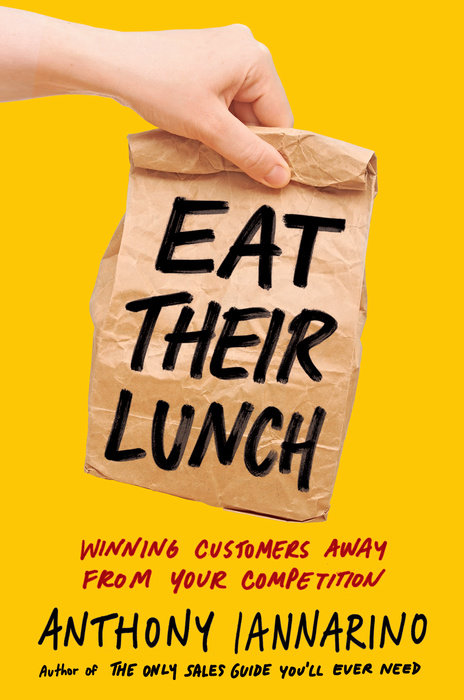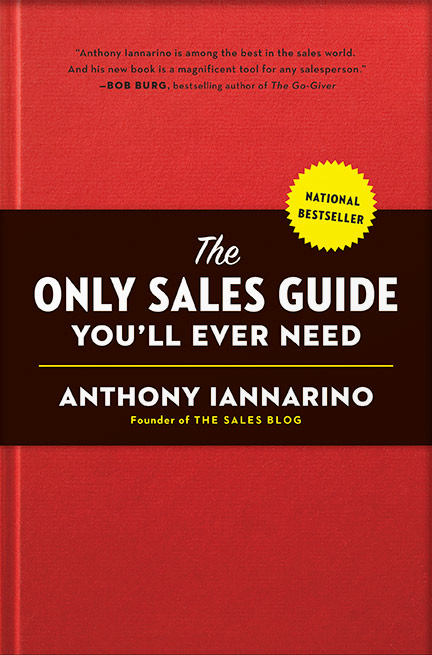We can break the care and feeding of a sales force into a few large categories, each of which includes several elements that move the needle when it comes to economic and professional growth.
Mindset
Psychological Safety
Any exceptional culture begins with psychological safety, including a sense of belonging and a belief that you are important. Building a culture on psychological safety allows for difficult conversations, without causing someone to feel that questioning things or exploring new options will cost them personally or professionally.
Without this safety, you can’t instill the rest of the components in the mindset category.
Accountability
In sales, success often comes down to a culture that features accountability. No other part of a business has more autonomy than sales, and its results only occur over time and with greater variability than other areas of the enterprise. Because this is true, sales results are largely built on accountability.
Accountability is what generates new opportunities and keeps people moving towards their goals. When accountability is not part of a culture, the sales force drifts.
Growth Orientation
Two kinds of growth inform the mindset of a high-performing sales organization, with the first enabling the second. The first part of a growth orientation pursues the personal and professional growth of each member of the sales force. There are not many other roles where “who you are” and “the value you create” causes a client to buy from you— or to choose someone they believe will be a better partner.
This individual growth allows a sales force to generate revenue growth. Pushing revenue growth at the expense of personal growth, or even ignoring personal growth altogether, is a good way to stall any growth at all.
Competitiveness
Even though most people who write to, speak to, teach, or train salespeople understand that selling is a competition, it is still a variable. The game we play in sales is one that comes with consequences, with only one company winning a client’s business. For many of us, growing revenue means displacing our competitors, taking their clients away from them. Those who don’t recognize or appreciate that selling is a contest tend to go to work, punch the clock, and do less than is necessary to create and win new opportunities.Win customers away from your competition. Check out Eat Their Lunch
Skill Sets
Development
While training is a part of development, development isn’t training. While coaching is part of development, development isn’t coaching. Instead, development looks at each individual, determining what competencies they need to improve their results and level up.Learn Anthony's core strategies & tactics for sales success at any level with The Only Sales Guide You'll Ever Need
Different people will need different training at different times in their development. Those same people will need different outcomes when it comes to coaching, with different challenges and assignments to fuel their growth. The better the sales force you field, the better your results. Investing too little here constricts your results.
Processes and Methodologies
Let’s be honest. You haven’t looked closely at your sales process in a very long time. You don’t even use it to manage the opportunities in your pipeline. Maybe you have given up on using set sales processes and methodologies altogether, recognizing that the whole sales conversation has gone nonlinear over the last decade. This is a mistake, as the skills necessary to execute an effective sales conversation have only grown more demanding— and the methodologies that undergird the process provide the competencies a professional salesperson needs to succeed.
Real skill sets are all found in the processes and methodologies you provide your sales force. If you don’t provide guidance on the sales conversation and how to execute the methodologies that enable success, you are leaving your team ill-equipped to produce the outcomes you are asking them to create.
Strategy
Strategy is overlooked and underappreciated. As the leader, you have to teach, train, and provide your team with the strategy they need to create and win new opportunities, including how to take clients away from your competition. You have to be able to explain and model how you expect your sales force to win big deals.
If your approach is high trust, high caring, and high value creation, you need to ensure your sales force knows how to execute that strategy. Should you have a strategy that relies on a more transactional approach, you need to ensure your team can play that game better than your competition.
Tool Kits
Playbooks and Conversation Guides
Your salespeople will be what you make them, but the tools that you provide them can help improve their mindset and their skill sets. Imagine that every interaction is a football play that you expect your sales force to execute flawlessly. Your playbook should ensure that each person on your team has a resource that allows them to study and execute that play.
Good playbooks also offer a conversation guide, providing powerful language that ensures the salesperson can create value throughout the sales conversation, handling the problems, challenges, and objections they encounter as they work to help the client get the better results they need. This language does improve sales conversions, but more importantly, it helps clients make better decisions they would have made without the salesperson’s help.
Prospecting Sequences
A prospecting sequence allows a salesperson to execute a professional, patient, and persistent approach to getting a meeting and creating new opportunities. The best sequences will allow a salesperson to nurture their target clients over time, providing them with insights that shape their view of their business and their future potential.
CRM
Even though only the most enlightened salespersons understand the value of a good CRM, it is an effective tool when used strategically. There is nothing more important to growing revenue than developing relationships with the very people who need your help. The CRM also promotes accountability and growth, ensuring the sales force exerts the appropriate effort in creating new opportunities, winning those opportunities, and growing their individual clients over time.
Your results are going to match how well you take care of your sales force. The care and feeding of a sales force enable them to feed and care for your clients, your prospective clients, and those targets that rise to the level of dream clients.

Get the Free eBook!
How to Lead: The Leadership eBook
As leaders, we're faced with decisions everyday—not all of which are easy to make. Learn how to make those tough decisions, hold yourself and your team accountable, and build a legacy with this free eBook.
Download Now







.jpg?width=768&height=994&name=how-to-lead-ebook-v3-1-cover%20(3).jpg)


